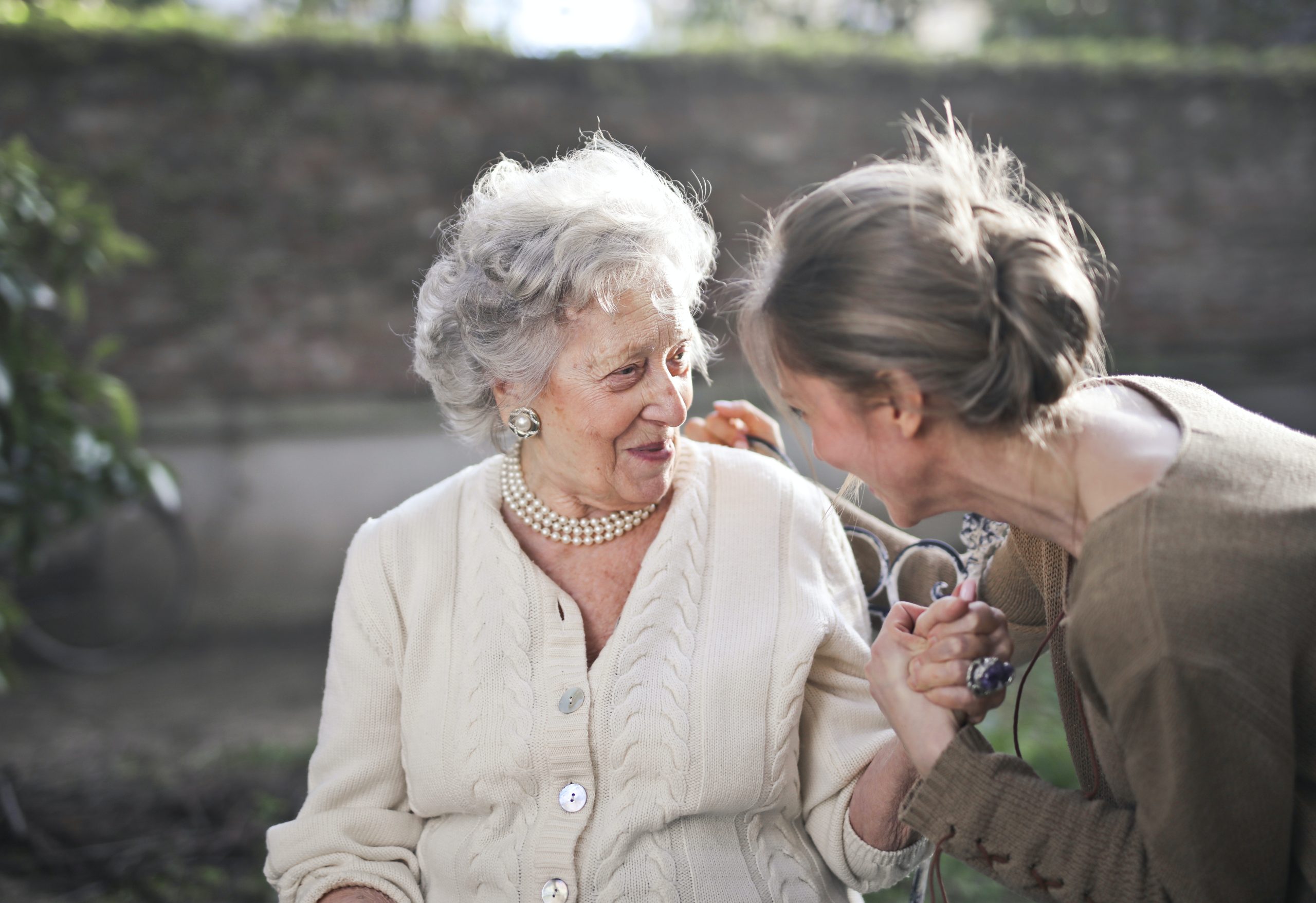The Need for Stronger Legal Protections for Elder Rights

The image is not directly related to the article. It merely symbolizes the life of elderly people.
Why do we need stronger legal protections for elder rights?
Stronger legal protections for elder rights are necessary to safeguard the well-being and dignity of the aging population. Elderly individuals often face various forms of abuse, neglect, and exploitation, making it crucial to establish robust legal frameworks that protect their rights and ensure their safety.
What types of abuse do elderly individuals commonly experience?
Elderly individuals commonly experience physical abuse, emotional abuse, financial abuse, neglect, and sexual abuse. Physical abuse involves the use of force that causes pain, injury, or impairment. Emotional abuse includes intimidation, humiliation, and isolation. Financial abuse refers to the illegal or improper use of an elder’s funds, property, or assets. Neglect occurs when a caregiver fails to provide basic necessities such as food, shelter, or medical care. Sexual abuse involves any non-consensual sexual contact or exploitation.
What are the consequences of elder abuse?
Elder abuse can have severe physical, psychological, and financial consequences for the victims. Physically abused elders may suffer from injuries, pain, and disabilities. Emotional abuse can lead to depression, anxiety, and loss of self-esteem. Financial abuse can result in significant financial losses, leaving the elderly without resources to meet their basic needs. Elder abuse can also lead to social isolation, deteriorating health, and an overall decline in the quality of life for the victims.
How can stronger legal protections help prevent elder abuse?
Stronger legal protections can act as a deterrent to potential abusers and provide a means of recourse for victims. By establishing clear laws and regulations, elder abuse can be more easily identified, reported, and prosecuted. Enhanced legal protections can also help raise awareness about elder rights and educate the public on the signs of abuse, thereby enabling earlier interventions and prevention. Additionally, stronger legal frameworks can ensure the provision of appropriate support services and resources for victims of elder abuse.
What are some examples of stronger legal protections for elder rights?
Stronger legal protections for elder rights can include legislation that criminalizes elder abuse, establishes mandatory reporting requirements for suspected abuse, and enhances penalties for offenders. It can also involve the establishment of specialized agencies or units responsible for investigating and prosecuting elder abuse cases. Additionally, stronger legal protections can encompass the development of comprehensive support services, such as helplines, counseling, and shelters, specifically tailored to meet the needs of elderly victims.
What can individuals do to support stronger legal protections for elder rights?
Individuals can support stronger legal protections for elder rights by advocating for the implementation and enforcement of relevant laws and regulations. This can involve contacting local representatives, participating in community awareness campaigns, and joining or supporting organizations that work towards the protection of elder rights. It is also essential for individuals to educate themselves about the signs of elder abuse, report suspected cases to the appropriate authorities, and support elderly individuals in their communities by providing companionship and assistance.
The image is not directly related to the article. It merely symbolizes the life of elderly people. Why do we need stronger legal protections for elder rights? Stronger legal protections for elder rights are necessary to safeguard the well-being and dignity of the aging population. Elderly individuals often face various forms of abuse, neglect, and…
Recent Posts
- Empowering Caregivers: The Best Online and Offline Resources to Enhance Your Skills
- Traveling with a Purpose: The Rise of Volunteer Vacations
- Breaking Stigma: Dispelling Myths about Mobility Aids and Disability
- Avoiding Probate: How Trusts Can Simplify the Estate Settlement Process
- Senior Citizens Beware: Common Financial Scams and How to Stay Protected

